Its performance in the first half of 2024 fell below expectations, with projections indicating a similar trend in the second half. Factors such as a slowdown in China's real estate sector and a weak yen have negatively impacted the domestic market, with an influx of cheap Japanese steel products exacerbating the situation.
However, optimism in the sector is shaped by China's carbon reduction and eco-friendly policies. Anticipated tightening of steel production regulations in China and economic stimulus packages aimed at bolstering the construction sector are expected to revive global demand, potentially leading to increased steel export prices.
According to industry reports, a potential real estate stimulus package in China could boost demand for steel, positively influencing South Korean steel companies' exports. Additionally, infrastructure projects in markets like India and Southeast Asia are likely to support steel exports to these regions.
Furthermore, the involvement of South Korean firms such as Daewoo Engineering & Construction in international construction projects could present new orders and growth opportunities for the steel sector. Particularly, a revival in shipbuilding and automotive sectors could accelerate the recovery in the construction sector, thereby enhancing profitability for steel companies.
As a result, the steel industry maintains hopes of recovery in the second half of 2024 with China's economic incentives and the revival of global demand. If prices continue to rise, positive operating performance is expected in the industry.


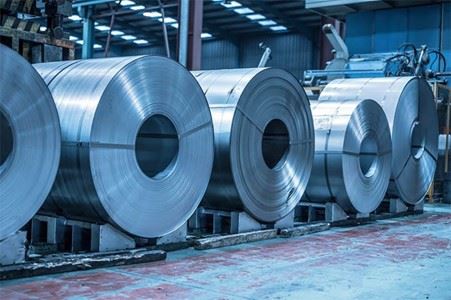

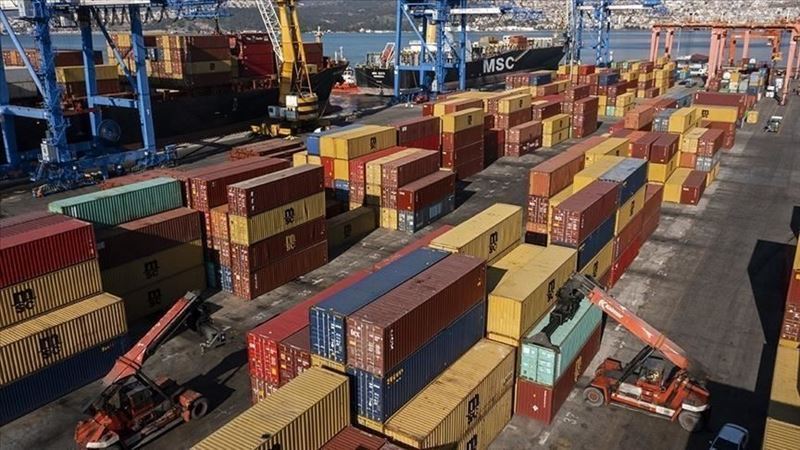
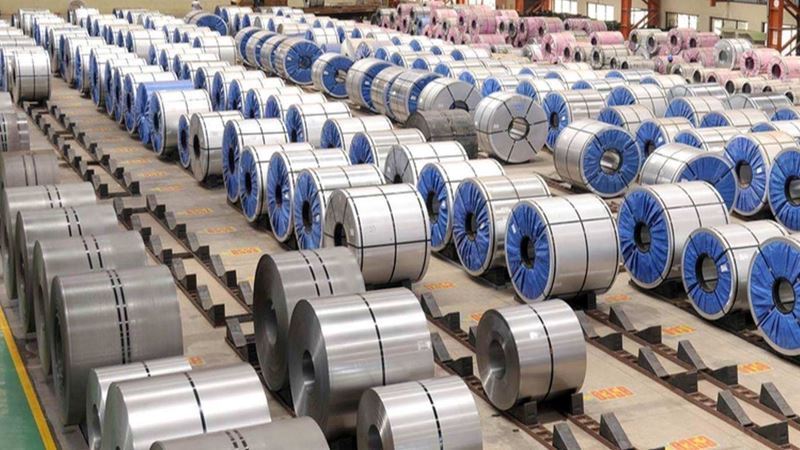

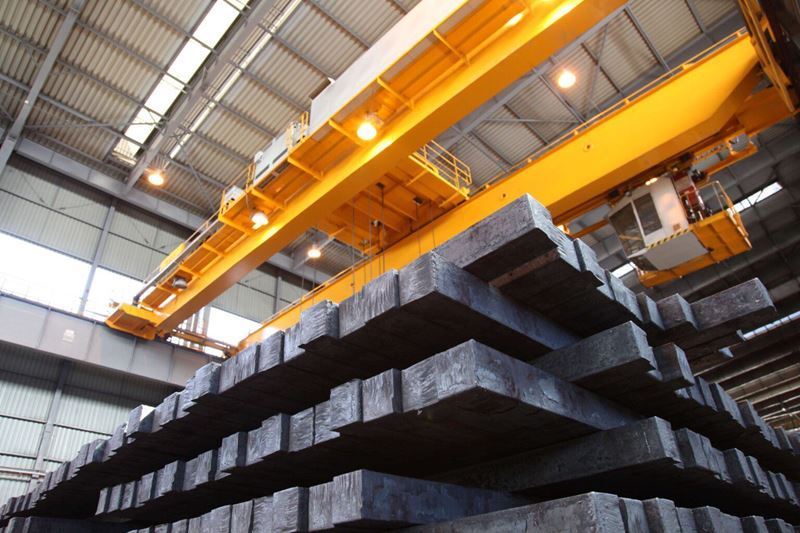
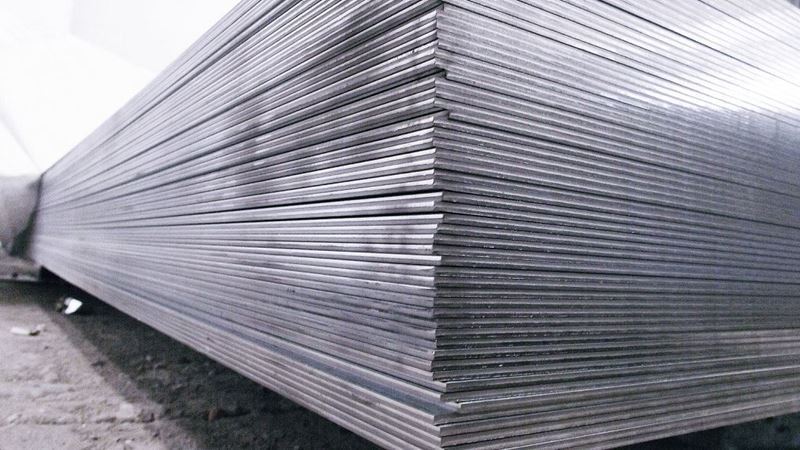


Comments
No comment yet.